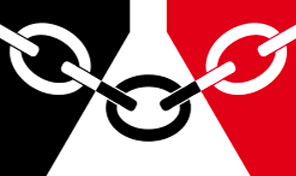West Bromwich chosen for pioneering recycling project
 Every day in the UK, around eight million nappies are thrown away, and the average woman uses 11,000 tampons in her lifetime. These are either incinerated or end up in landfill, where they can take up to 500 years to decompose.
Every day in the UK, around eight million nappies are thrown away, and the average woman uses 11,000 tampons in her lifetime. These are either incinerated or end up in landfill, where they can take up to 500 years to decompose.
But soon, hundreds of millions of nappies, incontinence pads and feminine hygiene products will be turned into clean energy at a new recycling plant in the Black Country.
For almost ten years, waste management company PHS Group has been developing a process aimed at diverting hygiene waste away from landfill and instead converting it into fuel for the alternative energy market. The ‘Life Cycle’ process involves mechanical separation and chemical treatment to turn the nation’s nappies, pads and tampons into a product that can be burned in biomass plants to make electricity and hot water.
After investing millions of pounds in ‘Life Cycle’, the first process of its kind that can operate cost-effectively on an industrial scale, PHS decided to locate its pioneering plant in West Bromwich, ideally situated at the heart of the UK’s transport network.
PHS hopes that ‘Life Cycle’ will help its customers minimise their impact on the environment and achieve its own target of ‘zero to landfill’ for hygiene waste products by the end of 2017.
Environmental credentials are becoming increasingly considered in tendering processes across all sectors. For information on organisations and schemes that can give further advice on how to make your business more efficient, visit our ‘Growing your business’ page.






